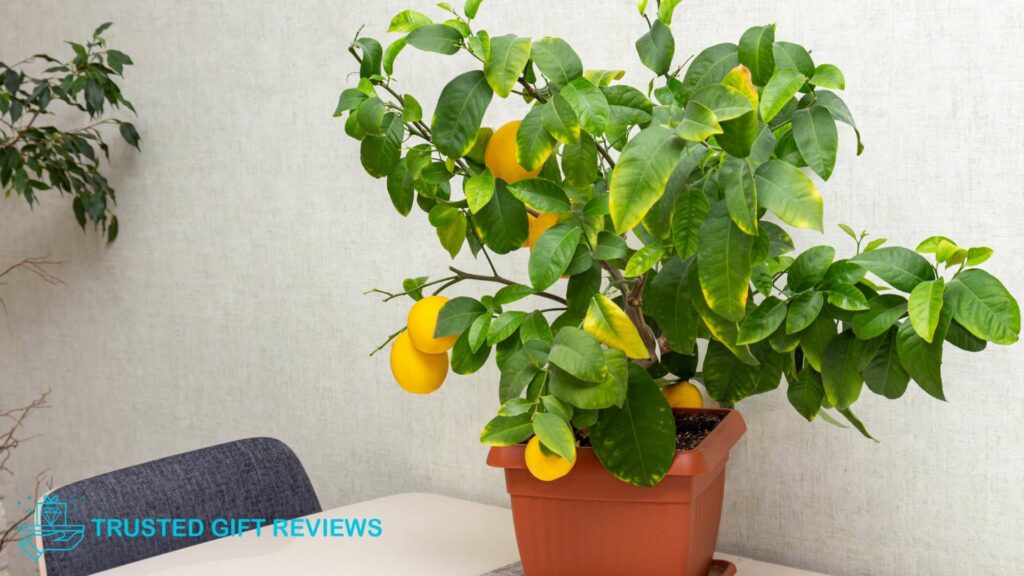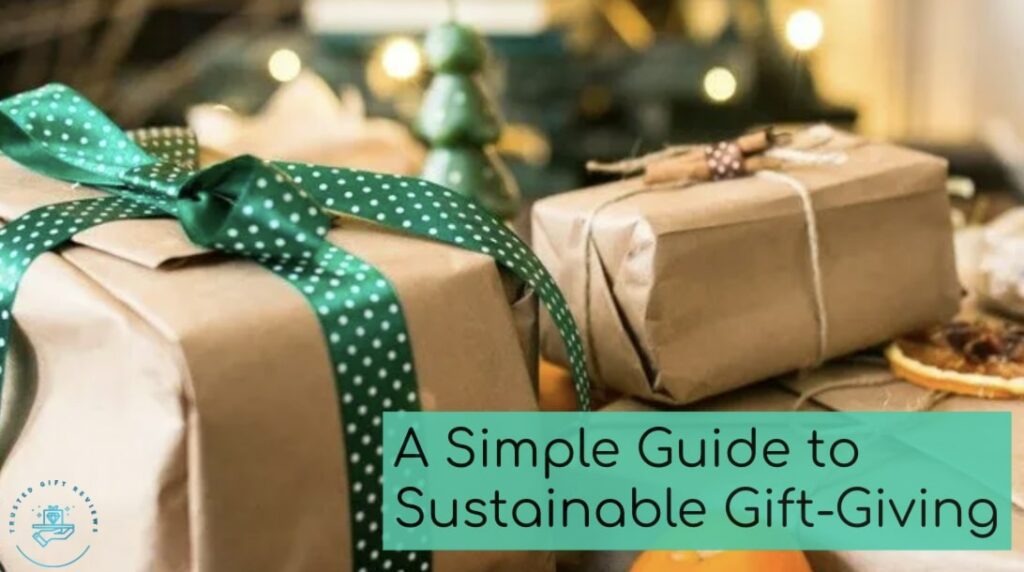Nothing is more rewarding than eating the literal fruits of your labor, like harvesting citrus from a tree you grew. But to be able to do that, you need to provide citrus trees with a lot of attention, care, and a suitable soil mix.
Citrus trees thrive best when grown in a well-draining and well-aerated soil mix that contains lots of organic material. It’s also more likely to produce fruits if it’s planted in soil with a slightly acidic pH.
Learn more about what you should consider when choosing or making soil for citrus trees, the components you should look for, and the best homemade recipes to follow in this guide.
Things to Consider When Choosing Soil for Citrus Trees
Draining Capacity


Citrus trees are highly sensitive to waterlogged growing conditions. Poor drainage can lead to water pooling around the roots and suffocating them, causing root rot and yellowing leaves.
Root rot is a serious fungal infection that can lead to the decline and death of your citrus tree. Roots that have already started rotting can never be treated and should be removed, so it’s crucial to prevent root rot from ever happening.
Inorganic materials like perlite, vermiculite, sand, wood chips, or bark typically improve soil drainage, so look for soil mixes that have them.
Moisture Retention


Citrus trees thrive in moist but not soggy soil conditions. While it’s important for the soil to drain effectively, it’s equally important for the soil mix to have sufficient moisture retention capacity.
Proper moisture levels can affect the tree’s ability to produce fruits and the quality of citrus fruit it produces. Frequent dry periods can prevent the tree from producing fruits or lead to issues like split fruit or irregular fruit shape.
Look for a soil mix that maintains a good balance between moisture retention and drainage to avoid stressing the plant from both drought and waterlogged conditions. Soil mixes with coco coir and perlite are typically good for citrus trees.
Aeration


Citrus trees that are planted in well-aerated soil are generally more resistant to stress and diseases, so it’s crucial for the soil to have good aeration. Adequate aeration helps the plant develop a stronger and more resilient root system.
Avoid soil mixes that are primarily made of clay since they compact easily. They can prevent your citrus tree from spreading its roots, which can be detrimental to its health and lead to a decrease in fruit production.
Well-draining soil generally has good aeration since there is more pore space between soil particles. These pore spaces allow water and air to flow freely within the soil, creating an ideal growing condition for citrus trees.
Nutrient Content


Citrus trees need fertile soil to support their growth and fruit production. The soil should have essential nutrients like nitrogen, phosphorus, and potassium and some macronutrients like iron, magnesium, and sulfur.
Look for soil mixes that are rich in organic matter, like worm castings or compost, since they are generally rich in nutrients. Fertilizing the plant with liquid fertilizer every other week during the growing season can also help.
pH Level


Citrus trees thrive in fairly acidic soil, preferably around the 5.5 to 6.5 range. They can tolerate slight deviation from this range but may face some issues if the pH is higher than 7.0.
The soil’s pH level directly affects the availability of nutrients in the soil and the plant’s ability to absorb nutrients. Some nutrients, like phosphorus, become less soluble in highly alkaline soil, hindering the citrus tree’s ability to uptake them.
If the soil pH is outside of the optimal range, it’s necessary to adjust it to fit the plant’s needs. Garden lime can help raise the pH if it’s too acidic, while sulfur can be used to lower the pH if it’s too alkaline.
Pot Type


One of the most crucial things that can affect the quality of the soil mix you’ll use is the pot type. It can directly affect your soil’s drainage, aeration, and moisture retention capacity.
Pots with a lot of drainage holes need soil with better moisture retention, as they can drain water too quickly. On the other hand, pots that don’t have drainage holes need soils that have rocks to create layers and keep water from pooling around the roots.
Pots made of non-breathable materials, like plastic, will also need soils with more perlite, vermiculite, or any component that improves aeration.
Components of a Citrus Tree Soil
Peat Moss
Peat moss is a type of organic matter extracted from decomposing sphagnum moss, typically found in peat bogs. It’s often incorporated in potting mixes to have good moisture retention capacity.
Although it retains quite a lot of moisture, it releases it slowly to the mix, preventing waterlogged conditions. It also helps reduce the risk of compaction, allowing your citrus to breathe in more air.
You can typically find peat moss in most plant nurseries, but if you don’t have access to it, you can also use coco coir as an alternative.
Fine Bark
Fine bark is another organic material that can create a well-aerated and well-draining potting mix. It creates air pockets in the potting mix, which prevents it from compacting easily and becoming soggy.
Look for barks that are around ½ inch long and wide. Anything bigger than this can make a mix that drains too quickly and doesn’t give the citrus time to absorb the moisture it needs.
Fine bark can be quite expensive and hard to find. If you don’t have it, just look for shredded pine bark mulch and remove the pieces bigger than an inch.
Perlite
Perlite is a lightweight inorganic material widely used in gardening as a soil amendment. It’s a type of volcanic glass that expands when heated, creating a porous and lightweight structure.
The air pockets it creates in the soil allow for the movement of air and water in the root zone, allowing the roots to have consistent access to oxygen and moisture.
Citrus seeds grown in a soil mix that contains perlite are also more likely to germinate faster since perlite provides a well-aerated and well-draining growing medium. It’s sterile, so there’s less chance of harmful pathogens being introduced into the soil.
Compost
Compost is a result of the decomposition of various organic matter, including food waste, yard waste, hay, and other plant materials. It’s a nutrient-rich organic material often referred to as “black gold” because of the many benefits it provides in gardening.
Compost can typically be purchased in bags, but we recommend just making your own. Just prepare some green materials, like kitchen scraps, fresh plants, and grass trimmings, and brown materials, like newspaper, cardboard, hay, and twigs.
In a container, mix 3 parts of brown materials, 1 part of green materials, and water. Stir your compost pile every week, and you should be able to get dry and crumbly compost in a month or two.
Soil Mix Recipes for Citrus Trees


Recipe 1
- 2 parts peat moss
- 2 parts perlite
- 1 part compost
This is an inexpensive and well-balanced recipe that focuses on providing your citrus tree with good drainage, aeration, and moisture retention capacity. The compost component of the mix also creates a nutrient-rich growing medium for citrus trees.
Peat moss helps retain moisture that’s enough to support citrus trees’ growth. On the other hand, Perlite ensures the soil doesn’t become too soggy by improving the mix’s drainage capacity.
Both peat moss and compost are naturally acidic, which is beneficial for citrus. However, if the mix becomes too acidic, add garden lime to raise the soil’s pH.
Recipe 2
- 5 parts fine bark
- 1 part perlite
- 1 part peat moss
This is another recipe that’s perfect for growing citrus trees in a container or pot. It’s a well-draining and well-aerated potting mix that still retains sufficient moisture for citrus trees.
Fine bark helps retain moisture while also creating air pockets where air and water can flow. It will break down over time and release nutrients to the soil, which can be beneficial to citrus trees.
That said, it’s still advisable to amend the soil with liquid fertilizer every week to ensure the citrus tree receives all the essential nutrients it needs.
Signs That Citrus Tree Is in the Wrong Soil
Root Rot
Root rot is one of the most serious problems you can face while growing any plant, including citrus trees. This is a potentially deadly condition that’s usually a sign of improper watering and poor soil drainage.
Excessive moisture in the soil creates a favorable condition for bacteria and fungi to grow, which can target the roots and cause them to decay. Roots affected by root rot can no longer be treated, so it’s crucial to detect this problem immediately.
Some common symptoms of root rot include yellowing, wilting, and dropping leaves.
Poor Fruit Production
One of the biggest charms of growing citrus trees is the possibility of it producing tasty and refreshing citrus fruits. However, you might not be able to enjoy these fruits if you’re using the wrong soil.
If the citrus tree cannot uptake sufficient amounts of nutrients, it may not be able to produce fruits, as it will focus all its resources on survival. This usually happens when the soil lacks essential nutrients or the pH is too alkaline or acidic.




